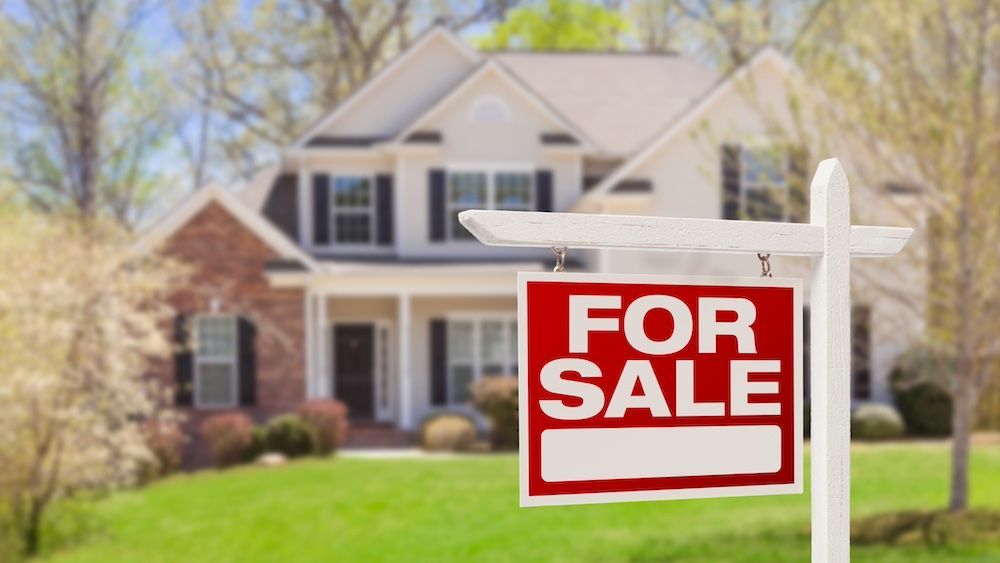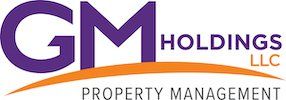Should I Rent Or Sell My Home?

Homeownership—on the surface—is about having a comfortable place to lay your head. A living space of your own is your place of refuge, your castle, your safe haven.
Yet, you don’t need to own a home to have a living space. You can always rent, for instance.
After all, the upfront costs of renting are much cheaper. No matter where life takes you, you won’t need a mortgage and have optimal freedom of movement.
So—why own a home instead of renting a space?
As we already suggested, there’s that innate desire to own property—to have something entirely ours and nobody else's.
The benefits of owning a home go deeper than that, though, and they concern the almighty dollar.
Specifically, homeownership is a long-term strategy for
accumulating lasting wealth.
A home (at least your primary living property) can undoubtedly be your place to rest your head. It also can be a long-term investment yielding substantial profits you can pass down generationally.
Differing methods exist to maximize the wealth derived from homeownership.
You can let your home’s value appreciate over the years and sell when the time is right, generating substantial returns. Renting out space in your primary residence is another option, offering consistent, passable income (and you can still sell, eventually). Or you can purchase a property specifically to rent out to tenants, another highly profitable venture when done right.
Read on as we explore the above options for maximizing wealth through homeownership.
To Rent Or To Sell: That Is The Question.
More often than not—remaining mortgages notwithstanding—you’ll turn a profit when you sell your home. It seems to be a universal truth at this point. Houses tend to appreciate in value.
Say you’ve owned your property for over a decade. When you bought the home, you’d have paid around $175,000 (the median US price at the time of purchase). Now, the
median US home price is nearly $420,000.
In getting more local with our analysis, Philly median home prices were
$103,000 in 2010 and are
currently $258,000.
Undoubtedly, home prices can dip year over year. However, substantial increases will come over the long haul. In furthering our point, the median home value in the 1990s throughout the US
wasn’t even $80,000.
Imagine selling that same home for $420,000 (if you’ve owned it since the ‘90s). That’s a 525% ROI.
Holding On And Cashing Out.
The longer you hold onto your property—provided you can afford it—the more its value will increase.
So, why would you be in any rush to sell?
Don’t get us wrong—everybody’s situation differs. Varying circumstances could dictate your need to sell.
However, all things being equal, why not hold onto something that promises to appreciate in value?
A rental property, in particular, offers even more reasons to hold on. Not only will you make a substantial sum of money when you eventually sell (because you let your property appreciate), but you can count on passive income to further bolster your wealth until it’s time to sell. It’s the gift that keeps on giving.
Rental Properties And Profits: A Deeper Dive.
The current median rental price in Philadelphia is $1,650, and renting a home in Philadelphia costs an average of $1,800.
So, let’s say you’re renting out a house. That’s an additional $21,600 in income you’re earning annually. If you’re saddled with a mortgage, that extra income can help make up the difference faster and more efficiently.
Once your mortgage is paid, the potential for significant profits can’t be ignored. That’s an extra $21,600 yearly (if rentals stay around the same as they are) without mortgage payments to worry about.
Yes, property taxes and other overhead costs will be factors. Still, your earnings will more than outperform those expenses.
Renting Out Space In Your Primary Residence.
Taking on the financial risk of purchasing a separate rental property isn’t feasible for everyone.
Furthermore, homeowners often experience hardships. They could lose their jobs or find that their variable mortgage rate has skyrocketed to the point of being unaffordable.
Selling might seem like the only option in the above instances. Seeing the forest through the trees is nigh impossible when you’re weighed down by financial burdens.
A solution that’s changed the game for many homeowners is transforming a portion of their living space into a rental unit. The extra five figures of annual income help cover the soaring living costs plaguing the US. It’s also additional money to cover your mortgage.
Remember, too, mortgages aren’t supposed to be forever. Once you’ve paid yours off, you can still rent and benefit from the passive income offered by your tenant(s).
Only some homes are ideal candidates for renting, and only some homeowners are cut out to be landlords. Still, renting is always an option and is part of the reason homeownership—even in challenging circumstances and with expensive mortgages—can be your ticket to long-term wealth.
Sometimes, You Need To Sell.
It would be foolish and irresponsible for us to treat selling your home—whether a primary residence or a strictly rental property—like a wrong decision. Everybody has different circumstances; holding onto your property isn’t always the wisest choice.
Regarding primary residence owners, you might have the itch to move elsewhere. Other factors like job opportunities might pull you to a new city or state.
Or you might simply want to enrich yourself and live in a different community with its own unique culture.
Alternatively, to steal a phrase from the Godfather, you might receive an offer for your home you plainly can’t refuse—in which case, sell all the way.
Selling at the right time also applies to rental properties. Someone in your line of work might be willing to hand over a check with enough zeroes to make your head spin, and cashing out could make more sense than continuing to rely on tenants for consistent income.
Renting isn’t a one-size-fits-all solution, and we’re not in the business of encouraging risky decisions that leave you in a precarious place, either financially or emotionally.
Is Renting Your Home A “License To Print Money?”
Owning a rental property or renting out space in your primary residence is often highly lucrative, but that doesn’t guarantee automatic profits.
Your ability to adhere to best practices (including vetting properties and tenants, marketing and pricing strategies, and property upkeep) will dictate your financial success.
While rental income is technically passive, it requires forethought and planning and will not magically boost your bottom line.
How Can You Maximize The Value Of Your Rental Property?
Effective management, reliable tenant vetting, marketing expertise, and sound business strategies are all ways to ensure you’re getting the most from your rental property.
Developing expertise in the above areas is a significant challenge for many aspiring landlords. These nuanced facets require research, experience, and dedication to fully comprehend and use to your advantage.
For the above reasons, many rental unit owners hire property managers.
Companies like ours—GM Holdings—handle all the nitty-gritty details of property management at a cost-efficient price while you reap the returns. Our industry expertise and our firm grasp of the local landscape keep tenants happy and rental units profitable.
Contact us today to discuss a partnership.





